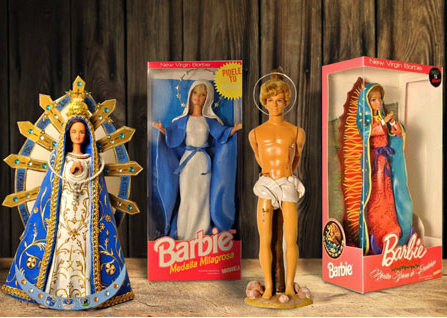In "A Marriage Proposal," there is an indication that the intentions of Ivan Vassiliyitch Lomov to marry his neighbor stems from something other than love because Natalia, who has lived near him for years, is now past the usual age of marrying. Lomov has another motivation; namely, consideration of property. Thus, the theme of this one-act farce is that economic security takes precedence over romance and love.
When Lomov arrives at the Tschubukov's country home, he is formally dressed and full of good cheer for his neighbor, who, in turn, embraces and kisses him when Lomov reveals his intentions. However, when Tschubukov leaves to tell his daughter that Lomov is there, he merely tells her that there is a dealer who has come to buy something--a bit of dramatic irony, as it turns out. But, she greets him cheerfully, remarking that he has not been to visit in a long time. That is, until the mention of the "my meadows" made by Lomov.
LOMOV I'll try to be brief. My dear Natalia Stepanovna, as you know, for many years...I inherited the estate, always have the greatest respect for your brother and ...mother....and furthermore my property....my meadows touch your birchwoods.
NATALIA. Pardon the interruption. You said "my meadows"--but are they yours?
LOMOV. Yes, they belong to me.
NATALIA. What nonsense! The meados belong to us--not to you!
Underscoring the theme of marriage as contract for economic security, too, are the actions of the Tschubukovs who, although engaged in heated arguments with Lomov, scurry later on to bring the hypochodriac out of a faint to enough consciousness that he can agree to the marriage with Natalia, a proposal that the father ironically proposes because he wishes also to accumulate property through marriage.

 . Religious imagery as this lies poised between giving comfort and peace and reminding one of human violence.
. Religious imagery as this lies poised between giving comfort and peace and reminding one of human violence.